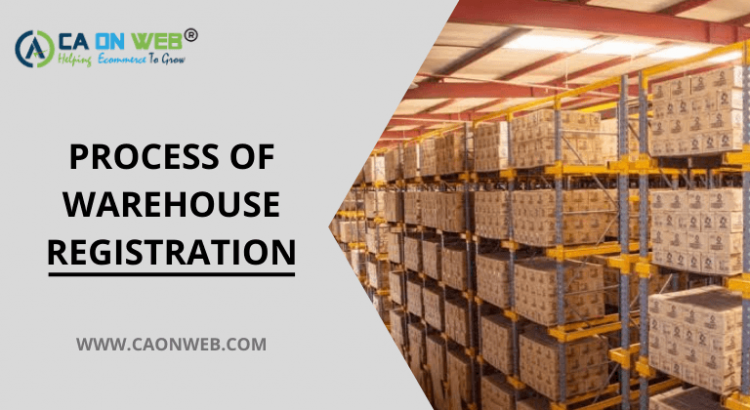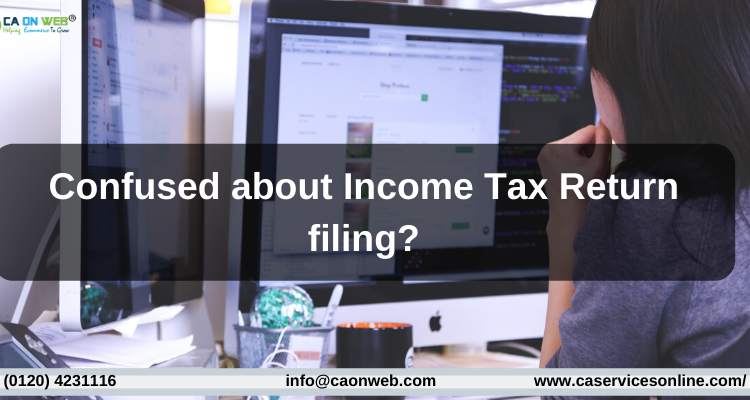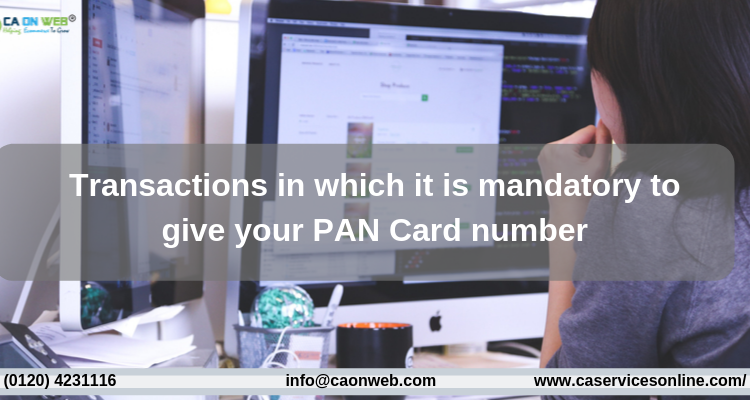Private Limited Company registration is the most popular business entity among businessmen in India, it suits all kinds of industries whether small, medium, or large businesses. According to the data reports on the Ministry of Corporate Affairs website around 10,000+ companies are incorporated every month. A private limited Company as the name suggests is a closely held Company which limits the shareholder’s liability to the extent of the contribution made by them, providing the owners:
- A Legal Entity
- Perpetual succession
- Limited risk
- Dynamic
Seeing the popularity of Private Limited Company Registration we have summed the whole process in four simple steps:
-
STEP 1: DIGITAL SIGNATURE CERTIFICATE (DSC)
The first and foremost step is to obtain the digital signature certificates for the proposed directors and subscribers. DSC’s are required for filing e-forms on the MCA portal. There are government specified certifying authorities who can issue DSC’s. DSC’s are tokens with a validity of 1-3 years. The promoters/directors/subscribers need to get their mobile, email and video verification done to procure their Digital signature Certificates. The application and verification process takes around two working days.
-
STEP 2: NAME APPROVAL
The second step being name approval, the proposed name of the Company needs to be filed using the RUN form. The reserve unique name facility is provided by the Ministry of Corporate Affairs under the ease of doing business initiative. It’s a web form which is available for new and existing Companies. The form requires two names in the order of preference along with a brief regarding the business of the Company. Name Approval is done within 24 hours and the name so approved is reserved for 20 days, once the period has lapsed a fresh application is required.
-
STEP 3: COMPANY INCORPORATION CERTIFICATE
Once the name of the Company is approved, the application for the incorporation certificate needs to be filed. The Ministry of Corporate Affairs has provided a comprehensive form i.e. SPICE, Simplified Proforma for Incorporating a Company Electronically, through which one can apply for allotment of DIN, name reservation, incorporation certificate, PAN and TAN application in the same form. The SPICE form needs to be submitted along with the SPICE-form MOA (Memorandum of Association) and SPICE-form AOA (Article of Association) by paying the requisite fee and the stamp duty of the concerned state.
-
STEP 4: COMMENCEMENT OF BUSINESS
Every Company having a share capital incorporated after 2nd November, 2018, needs to file a declaration needs to be filed in form 20A to be issued by the directors within 180 days of Company Incorporation in India stating that the subscribers to the Memorandum of the Company have paid the value of the shares with a proof of subscription money received. The company can start operations only once the commencement of the business form has been filed.
FAQ:
-How much does it cost to register a company in India?
With the ease of doing business initiative by the government of India, the cost of Company registration has marginally been reduced. Once can expect the charges around 3000-6000 per registration, which may differ from state to state.
-How long does it take to register a company in India?
The whole Company registration process is online, it generally takes around 5-7 working days to incorporate the Company as there are a few verifications and validations required by the client.
-What documents are required to register a company in India?
Documents required for proposed Director:
1) ID Proof ( PAN Card)
2) Address Proof 1 Adhaar/Voter ID/Passport/Driving License (Any one)
3) Address Proof 2 Electricity Bill/Telephone Bill/Bank Statement(Any one)
4) Photograph
Documents for proposed office address of the Company:
1) Electricity Bill (latest)
2) Rent Agreement of premises
3) No Objection Certificate
-Can I start a business without registering it in India?
It is not advisable to start a business without any registration. In India there are various kinds of business structures varying from simplest form to the complex ones. You can refer to our blog –How to choose the right business structure for your business? and choose one according to your needs.
-How can I start a Pvt Ltd Company in India?
To register a private limited Company in India one needs to follow the above mentioned procedure or take the help of ca services. For detailed information visit our knowledge corner by clicking on the below mentioned link: https://blog.caonweb.com/ (Search & find related topic).
Related Blog – INCOME TAX EXEMPTIONS/DEDUCTIONS












